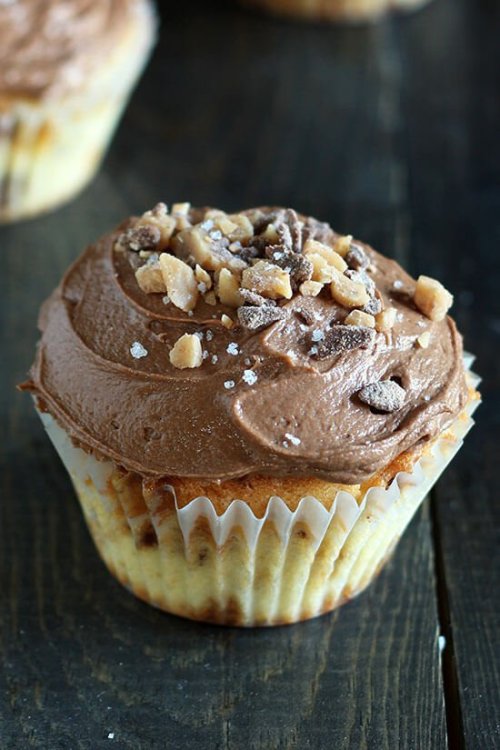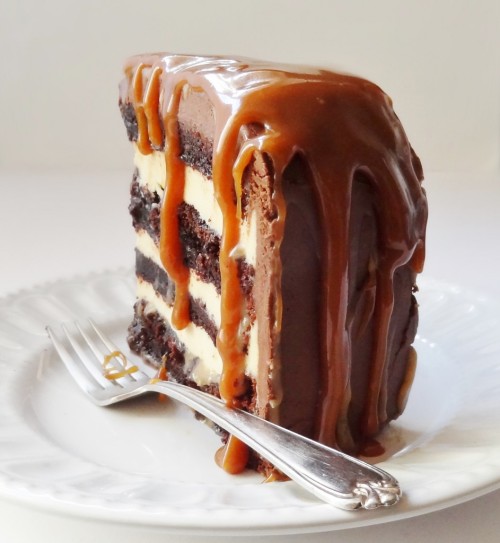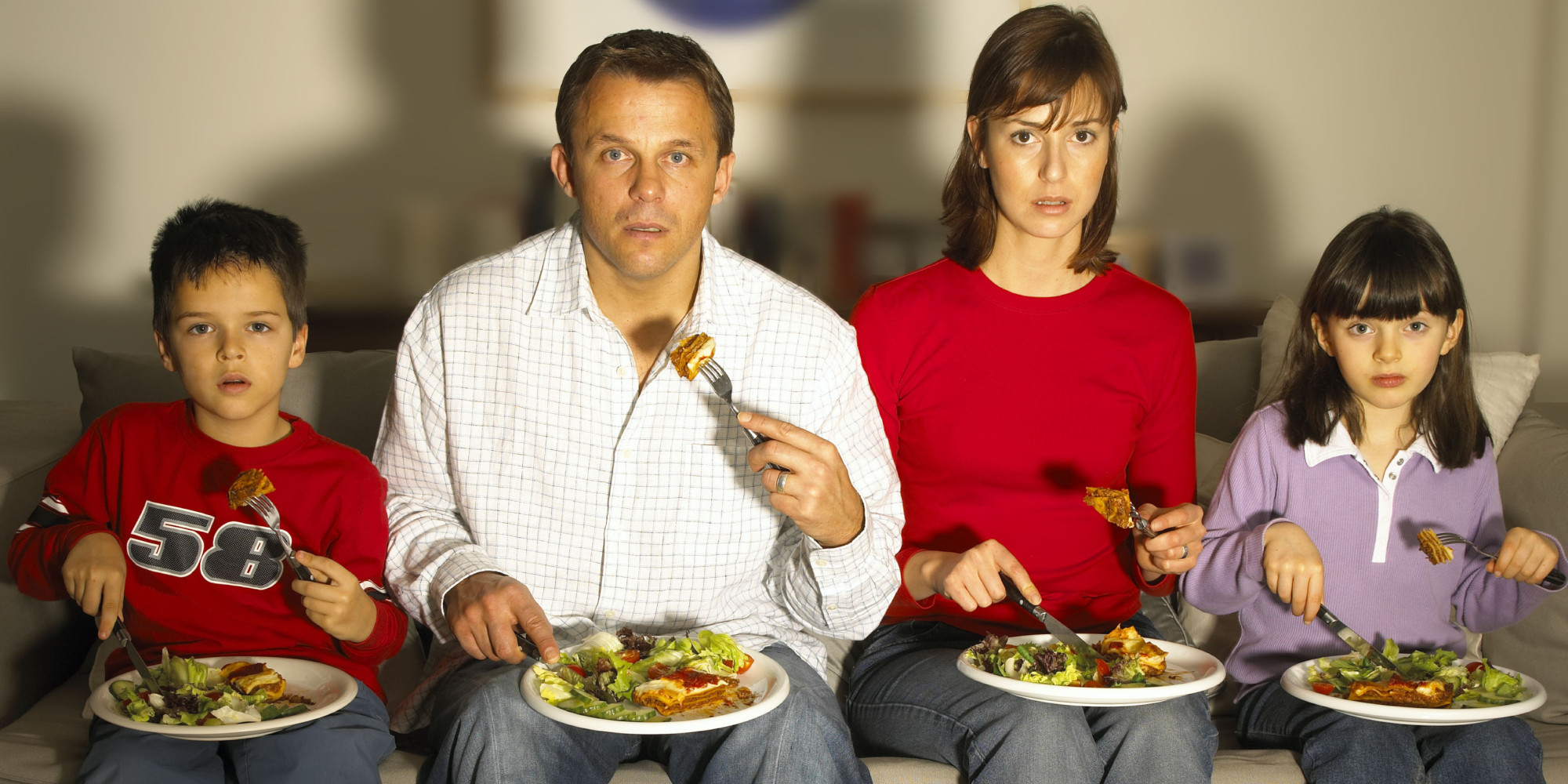When you're tempted to dive face-first into a bag of chips could be tied to your body’s circadian rhythm: Cravings for sweet, salty, and starchy foods peak in the evening, when hunger levels are also at their highest, according to a new study in the journal Obesity.
Researchers at Brigham and Women's Hospital in Boston kept 12 healthy people in a controlled lab environment to track how circadian rhythms impact food behaviors. What they found? Regardless of what time the subjects woke up or when they’d had their last meal, their desire for sweet, salty, and starchy foods peaked around 8 p.m., as did their feelings of hunger. The takeaway? Our body’s internal clock has a pre-scheduled effect on our appetite, and it wants us to eat more in the evening.
 While it’s not clear why this happens, the researchers have a theory. “From an evolutionary perspective, it sort of makes sense,” says senior study author Steven Shea, PhD, director of the Center for Research on Occupational and Environmental Toxicology at Oregon Health & Science University. When evolving humans faced periods of famine, those who could easily store their food as fat had a better chance of survival. As it turns out, our bodies are more likely to store food as fat when we stuff our faces in the p.m. instead of the a.m. In fact, previous research has shown that people who eat their largest meal in the morning lose more weight than people who save it for the end of the day—even if their overall calorie intake is the same, says Shea.
While it’s not clear why this happens, the researchers have a theory. “From an evolutionary perspective, it sort of makes sense,” says senior study author Steven Shea, PhD, director of the Center for Research on Occupational and Environmental Toxicology at Oregon Health & Science University. When evolving humans faced periods of famine, those who could easily store their food as fat had a better chance of survival. As it turns out, our bodies are more likely to store food as fat when we stuff our faces in the p.m. instead of the a.m. In fact, previous research has shown that people who eat their largest meal in the morning lose more weight than people who save it for the end of the day—even if their overall calorie intake is the same, says Shea.These days, binging late at night is no longer a handy survival mechanism–it’s just unhealthy. Luckily, your circadian rhythms don’t have to have the last word on when you’re tempted to eat. Pam Peeke, MD, author of The Hunger Fix, suggests ways to beat back a powerful craving—or prevent it from happening at all.
Go to bed earlier The study indicates that people are staying up later, when your hunger levels are at their peak. You may not be able to help being a night owl, depending on your work schedule, but whenever you can, try nipping this problem in the bud by going to bed earlier. That way you’ll be asleep when your food cravings are at their strongest. Plus, research shows that just getting enough shuteye also helps you make healthier food choices throughout the day and lowers your risk of obesity.
Don’t eat in front of the tube When you plop yourself in front of the latest episode of Game of Thrones, don’t let a bag of chips keep you company. You’ll be so focused on what’s happening on the screen, you may lose track of how much you’re shoveling into your mouth. “Put yourself on red alert that this is the time when major overeating takes place,” says Peeke. Instead of snacking while you watch, save TV for after dinner. Let it be your reward for polishing off a healthy meal.
Pop a stick of mint gum This trick does triple-duty to curb cravings: Chewing gum keeps your mouth busy, it tastes good, and it signals to your brain that you’re content. Just the act of chewing sends blood rushing to your hypothalamus, says Peeke, which causes your brain to release the feel-good chemical serotonin. Suddenly, demolishing a candy bar doesn’t feel quite as necessary for your mental health. Sugar-free peppermint gum is best: According to research out of Wheeling Jesuit University, just the smell of peppermint can make you feel less hungry and consume fewer calories.
If you have to indulge, eat a small portion of a high-quality snack You’re not a robot. It’s okay to give into the occasional craving now and then, says Peeke. Just limit your snack to 150 calories, and make it count. Instead of opting for the crappy chocolate bar at the checkout counter, try nibbling on a small piece of organic chocolate. It’s more likely to contain high-powered antioxidants, and the strong chocolate-y taste will satisfy your sweet tooth, says Peeke. The same rule applies to any of your no-go foods: When you have to indulge, go ahead and treat yourself. Just go for high-quality and stick to small serving sizes.
Comment below what you think, if you found it helpful or not. Let me know :)
Source


0 Response to "The Time You're Most Likely to Binge"
Post a Comment